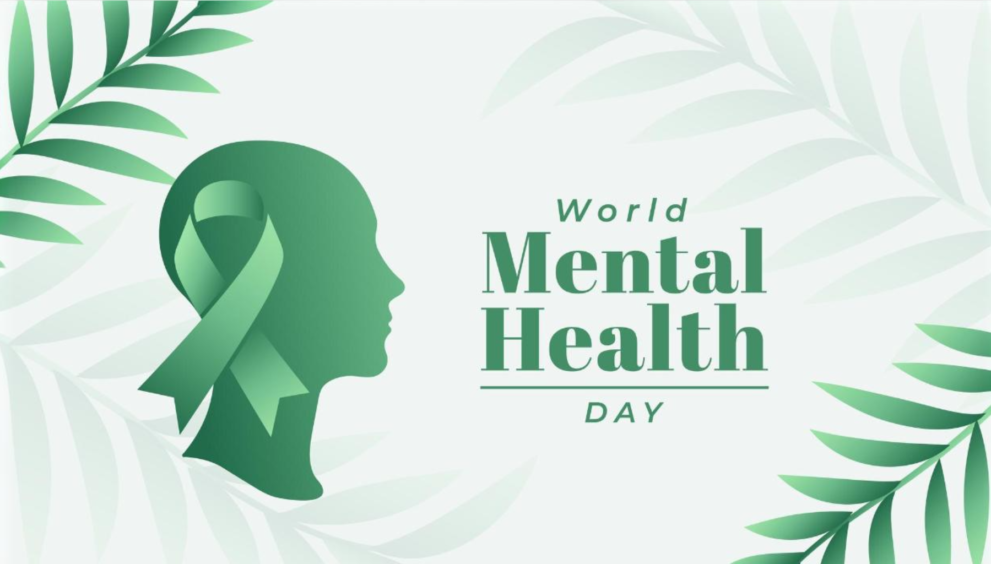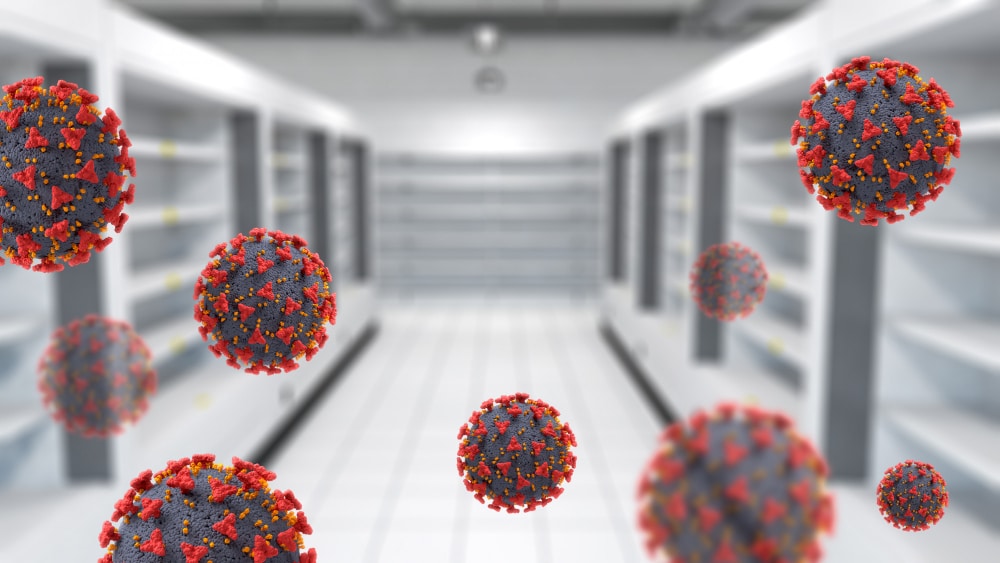An estimated 1 in 7 children and adolescents aged 10 to 19 are affected by mental health conditions, with anxiety, depression, and behavioural disorders being the most common, the World Health Organisation (WHO) said on the World Mental Health Day.
With one-third of mental health conditions emerging before the age of 14 and half before the age of 18, early action is essential to enable children and young people to thrive and realize their full potential.
“We must take action to ensure that evidence-based and age-appropriate interventions are available and affordable for all,” Dévora Kestel, Director of Mental Health, Brain Health, and Substance Use, World Health Organization, said. “Every country, regardless of its circumstances, can do something to significantly improve the mental health of its children, young people, and their families.”
Fouzia Shafique, Associate Director of Health, UNICEF said that mental health and well-being of children, adolescents, and their families cannot be addressed in isolation. “We must integrate health, education, social protection, and community support systems to build a comprehensive network of mental health services for young people,” Shafique said.
“It is our collective responsibility to prioritize their mental health as part of overall child and adolescent well-being” Shafique said.
Mental health at work
WHO said it is uniting with partners to highlight the vital connection between mental health and work.
“Safe, healthy working environments can act as a protective factor for mental health. Unhealthy conditions including stigma, discrimination, and exposure to risks like harassment and other poor working conditions, can pose significant risks, affecting mental health, overall quality of life and consequently participation or productivity at work,” the WHO said. “With 60% of the global population in work, urgent action is needed to ensure work prevents risks to mental health and protects and supports mental health at work.”
WHO called for governments, employers, the organizations which represent workers and employers, and other stakeholders responsible for workers’ health and safety to work together to improve mental health at work.
“Action to address mental health at work should be done with the meaningful involvement of workers and their representatives, and persons with lived experience of mental health conditions. By investing efforts and resources in evidence-based approaches and interventions at work, we can ensure that everyone has the opportunity to thrive at work and in life,” the world health body said.
Also read: Mental health surpasses cancer as top global concern, including India – First Check















